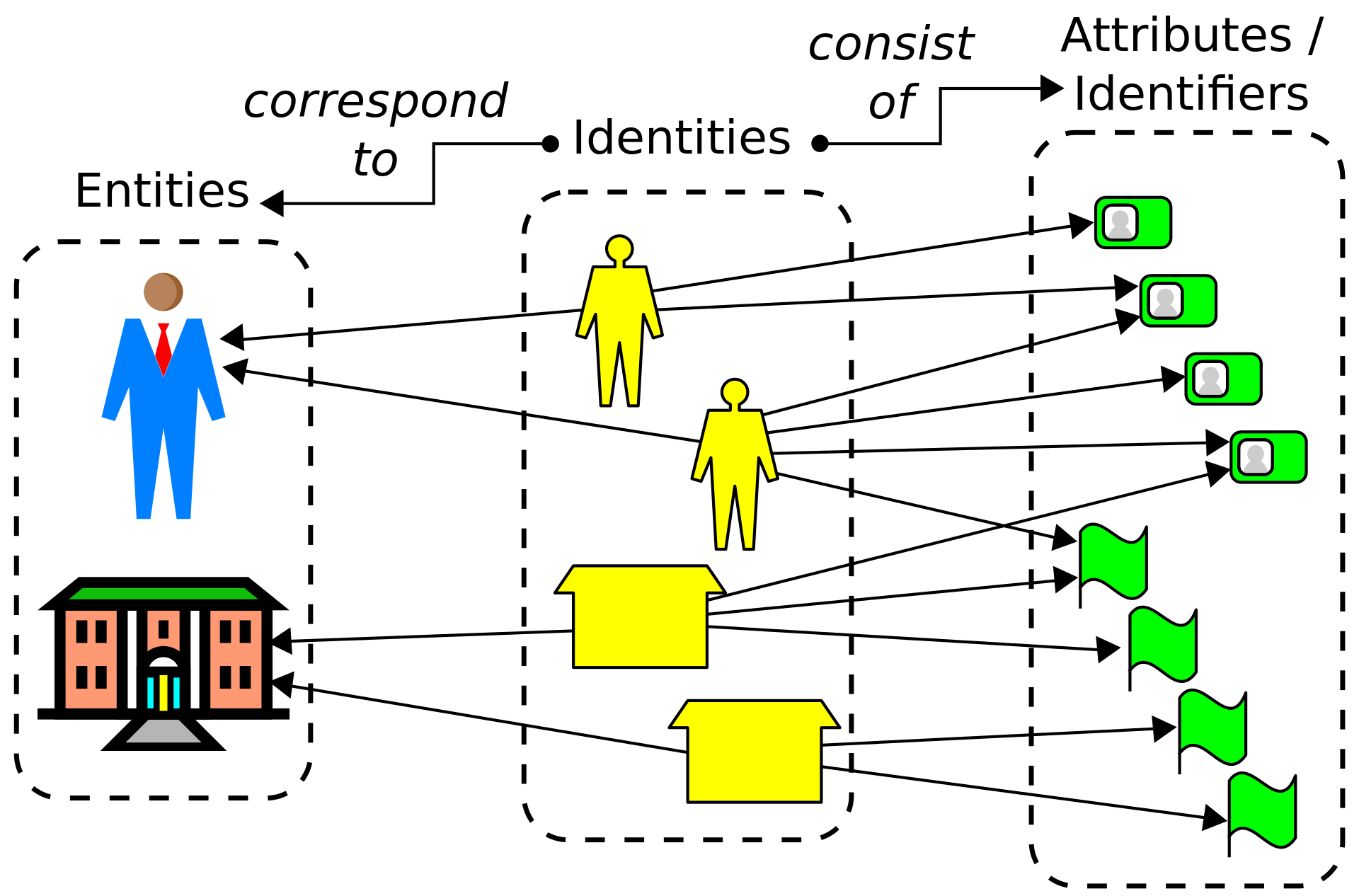
Self-sovereign identity is a framework that allows individuals to gain control of their digital data.
Many digital platforms (especially social media) ask users to essentially trade their personal data in exchange for access to the platform.
However, an increasing number of people are becoming concerned with the way their data is handled (approximately 79% of Americans are concerned about how their personal data is used.)
While the idea of self-sovereign identity has existed for years, the rise of blockchain technology has made implementation practical for the first time.
Which explains why the blockchain-based digital identity market is forecasted to grow to $5B by 2030, compared to only $100M in 2021.
Table of Contents
The Future of Self-Sovereign Identity
Self-sovereign identity is part of the Decentralized Privacy trend.
The idea of decentralized privacy has been attracting attention since the first version of decentralized identifiers (searches for decentralized identifiers have increased by 5x over the last two years) released in early 2021.
Decentralized identifiers are identification vehicles that make it possible to verify data without a third-party having access to the data.
Importantly, the World Wide Web Consortium recently unveiled plans to create a standard for decentralized identifiers.
This means that startups can start creating standardized solutions that will work across the web.
And, it also means that large tech companies will have to take decentralized privacy seriously.
The adoption of self-sovereign identity is still in its early stages.
However, the trend is definitely gaining momentum and is expected to grow rapidly in the coming years.
Where Are Credentials Managed?
The credentials are managed using crypto wallets and they are verified using public-key cryptography, which is anchored on a distributed ledger.
There are two types of distributed ledger that can be used:
Public blockchains
These allow anyone to join the network and create an identity. The most popular public blockchain is Ethereum.
Private blockchains
These require an invitation to join the network and typically have higher transaction speeds than public blockchains. A popular private blockchain is Hyperledger Fabric.
What Are The Benefits of Self-Sovereign Identity?
There are many benefits of self-sovereign identity, including:
Improved security
When data is stored on a decentralized network, it is more secure from hacks and data breaches.
Greater control over personal data
Individuals have full control over their data and can choose to share it or keep it private.
Increased privacy
Since data is stored on a decentralized network, it is more difficult for companies to track individuals and collect data about them without their consent.
Faster verification
Since data is stored on a decentralized network, it can be verified quickly and easily.
What Are The Challenges of Self-Sovereign Identity?
There are also some challenges associated with self-sovereign identity, including:
Lack of awareness
Since self-sovereign identity is still in its early stages of adoption, many people are not aware of it or how it works.
This needs to change if self-sovereign identity is going to reach mass adoption.
Complexity
The technology behind self-sovereign identity is complex and can be difficult to understand for the average person.
Lack of interoperability
There are currently many different solutions for self-sovereign identity, but they are not interoperable with each other.
Self-Sovereign Identity (SSI) Explained
FAQs – Self-Sovereign Identity
What Is The Future of Self-Sovereign Identity?
The future of self-sovereign identity is very promising. as the trend continues to gain momentum, we can expect to see more and more businesses and organizations adopt this technology.
What Are The Benefits of Self-Sovereign Identity?
There are many benefits of self-sovereign identity, including improved security, greater control over personal data, increased privacy, and faster verification.
What Are The Challenges of Self-Sovereign Identity?
There are also some challenges associated with self-sovereign identity, including lack of awareness, complexity, and lack of interoperability.
What Is The Difference Between Public and Private Blockchains?
Public blockchains allow anyone to join the network and create an identity.
Private blockchains require an invitation to join the network.
Summary – Self-Sovereign Identity
Self-sovereign identity is a new way of managing credentials that gives individuals full control over their data.
The technology behind self-sovereign identity is complex, but the trend is definitely gaining momentum and is expected to grow rapidly in the coming years.
There are many benefits of self-sovereign identity, but there are also some challenges that need to be addressed before it can reach mass adoption.


![Backwards 3: How to Type "Ɛ" [EASY]](https://softwareblade.com/wp-content/uploads/2022/02/Screen-Shot-2022-02-19-at-9.03.25-PM-150x150.png)